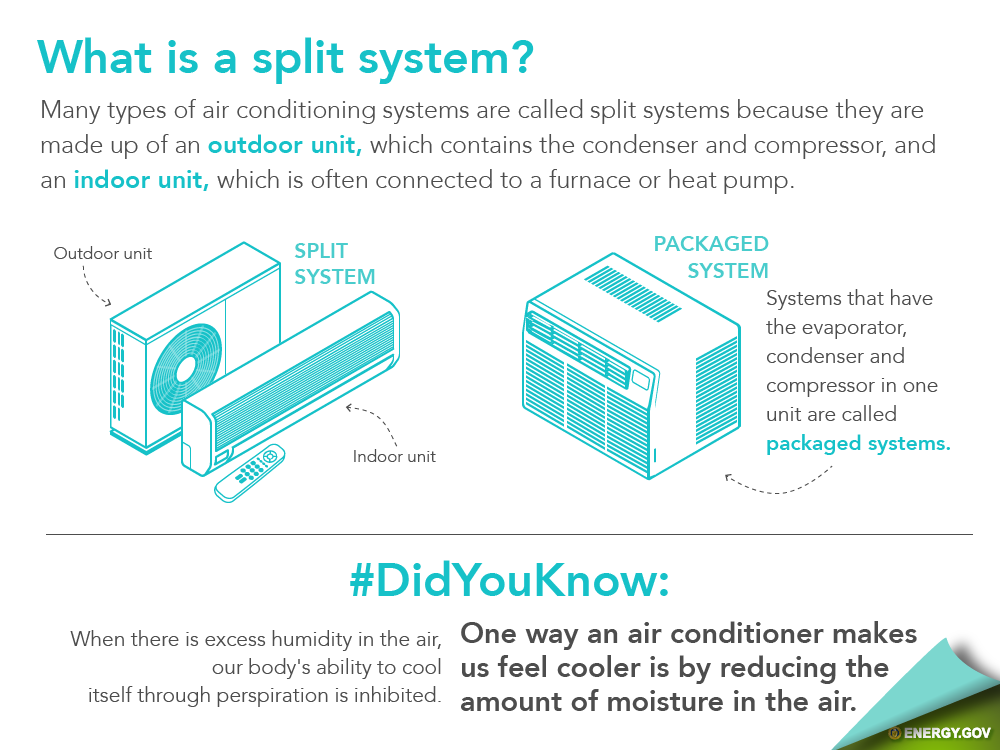Checking Out The Environmental Benefits Of Warmth Pumps - A Lasting Home Heating Solution
Checking Out The Environmental Benefits Of Warmth Pumps - A Lasting Home Heating Solution
Blog Article
Material Writer-Hinrichsen Burgess
In a period where sustainability and energy effectiveness are paramount, several organizations seek eco-friendly heating solutions. One such option is the heatpump.
A heatpump extracts the warmth in its environments and pumps it right into your home, resulting in among one of the most effective environmentally friendly central heating unit around. This procedure additionally creates absolutely no greenhouse gas emissions, making it a highly sustainable innovation.
Energy Effectiveness
Heatpump are very energy efficient and call for little maintenance. They use less electrical energy than other heating unit and are without a doubt the most environmentally friendly. They work well with rooftop solar and can often spend for themselves in energy savings alone.
They can additionally provide cooling, which is great for garage workshops, attic hangouts and incentive spaces, and home enhancements without expanding the existing ductwork. They can even be used for retrofits in existing homes with hydronic (water-based) circulation systems such as low temperature level radiators or radiant floorings.
Seek versions with SEER and HSPF rankings that fulfill or go beyond copyright's minimum standards, as well as the requirements in your area. Higher ratings imply higher performance, which conserves you money in the long run and decreases your carbon footprint. You could also get refunds and motivations! The best units are those with a ground heat exchanger for added efficiency. These devices can take in thermal power from the ground during the wintertime and extract it in the summertime.
Minimized Greenhouse Gas Emissions
Heatpump run on electricity and basically transfer warmth from the air, even when it's cool exterior. They have the ability to extract the complimentary heat entraped in air fragments and move them indoors, lowering humidity while doing so.
Compared to gas furnaces, contemporary heatpump utilize less than one kilowatt of electrical energy per kilowatt of heating power they generate. This makes them the most energy efficient home heating option readily available with a POLICE (Coefficient of Efficiency) of 4 or more. By lowering the need for nonrenewable fuel sources, heatpump help reduce greenhouse gas emissions and reduce other major air toxins.
Structure decarbonization is an international vital, and the heating and cooling industry is a crucial vehicle driver of that process. Whether it's real estate investors making net absolutely no dedications, plan manufacturers setting discharges restrictions, or occupants demanding greener areas, electrical heat pumps are being recognized as an essential solution. They are a cost-effective method to reduce carbon discharges by removing the requirement for fossil fuels in buildings.
Versatility
Heat pumps can be used in lots of kinds of homes and buildings-- with or without air ducts. They deal with hot-water radiators, air-conditioning and programmable thermostats. They can replace heating systems or be set up in new houses. They can run on photovoltaic panels, geothermal systems and even area heating resources like wastewater.
They're fantastic at delivering more warm per power unit. For example, an air-source heat pump generates up to three or more home heating units from each power system it takes in.
Obtaining one of the most from your heatpump will certainly rely on your climate zone and top quality of insulation. Look for models with power STAR rankings and compare their SEER or HSPF specifications. In warmer climates, focus on SEER; in colder areas, think about a system with a greater HSPF ranking. Additionally, purchase air securing and insulation to reduce the tons on your heat pump. That will certainly improve energy efficiency and assist you reach your Net No objectives quicker.
https://www.cnet.com/how-to/five-ways-to-keep-your-house-cool-this-summer/ use wood pellets, chips or logs to create warm and hot water. They are a good selection for off-grid properties or those that wish to leave the gas grid.
As a standalone heater, biomass can supply sufficient power to maintain your home warm all the time without the typical warm drop off of other renewable innovations. mitsubishi heat pump installers near me can additionally be made use of in conjunction with photovoltaic panels to increase cost savings and benefit from RHI settlements.
A disadvantage of these systems is the ahead of time cost and routine fuel shipments. Usually, pellets will certainly require to be blown right into a fuel shop using a vacuum system or they can be manually fed right into the boiler with a receptacle. Logs are usually self-sourced from neighboring timberland or gotten wholesale. In addition to this, they need hands-on loading and may require cleaning on a regular basis.